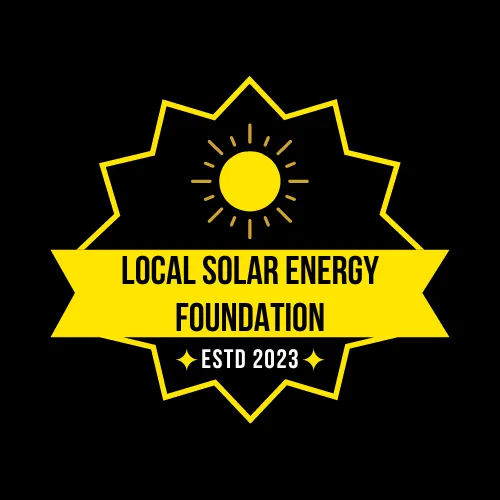Call Us With Your Solar Questions: (845) 262-4480
Get educated about solar

The Differences between Green Energy, Renewable Energy, and More
Today there is a growing focus on sustainable and clean energy sources. Terms like green energy, renewable energy, and alternative energy are often used interchangeably, but they have distinct meanings and implications. Let’s discuss the differences between these terms.
Renewable Energy:
Renewable energy refers to energy derived from naturally replenishing sources that are virtually limitless. This includes solar power, wind energy, hydropower, geothermal energy, and biomass. Unlike fossil fuels, which are finite and depletable, renewable energy sources can be harnessed indefinitely without harming the environment. They offer a cleaner and more sustainable alternative to traditional energy sources, reducing greenhouse gas emissions and mitigating climate change.
Download Our Free Guide Or Speak with One of Our Solar Experts Now, Call (845) 262-4480
Green Energy:
Green energy is a subset of renewable energy that specifically focuses on sources with minimal environmental impact. It emphasizes the use of clean technologies and practices throughout the entire energy production process, from generation to consumption. Green energy sources include wind turbines, solar panels, and hydroelectric power plants, among others. By utilizing these sources, we can reduce carbon footprints and promote a healthier planet.
Alternative Energy:
Alternative energy is a broader term that encompasses any energy source that is not derived from traditional fossil fuels, such as coal, oil, and natural gas. It includes both renewable and non-renewable sources, such as nuclear power or biofuels. While alternative energy sources can contribute to diversifying our energy mix, the focus should be on transitioning to sustainable and environmentally friendly options.
Importance of Transitioning:
Transitioning to green and renewable energy sources is crucial for several reasons. Firstly, it reduces our reliance on finite fossil fuels and decreases the air pollution associated with their extraction and combustion. Secondly, renewable energy sources offer greater energy security, as they are not subject to geopolitical conflicts or price volatility. Thirdly, investing in clean energy technologies stimulates economic growth, creating new jobs and fostering innovation. Lastly, embracing sustainable energy sources is a vital step towards mitigating pollution and preserving the planet for future generations.
